Speaking at the Mandiner Club Night panel discussion, Foreign Minister Peter Szijjarto stressed that much of the world is now searching for an answer to when the war in Ukraine will finally end, according to a statement from Hungary’s Ministry of Foreign Affairs and Trade. He added that many people do not understand how the impression could have arisen that Europe does not actually want the conflict resolved.
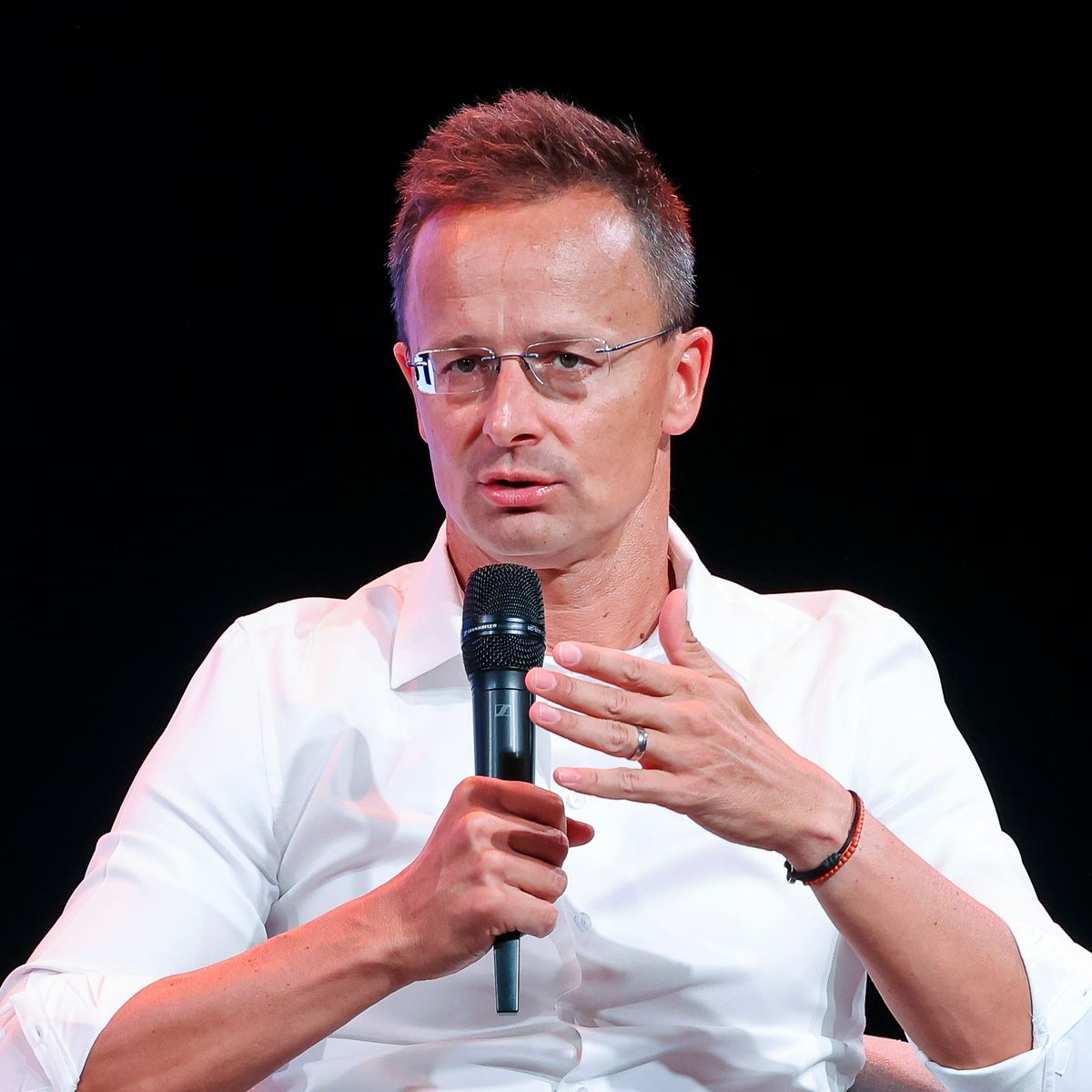
– “I believe that today the fiercest obstructors of peace in Ukraine are European politicians […] These politicians are not interested in peace, but are, practically on a daily basis, pouring oil on the fire with jerrycans,” he said.
He argued that this was because Europe, from the very beginning, gave the wrong responses to the war, consistently making the situation worse economically, socially, and in terms of security. And if the fighting was to end now with an agreement similar to — or no worse than — the one Ukraine could already have signed three years ago, then many would rightly ask why this did not happen earlier.
– “And the European political elite wants to avoid accountability for its mistaken policies of the past three and a half years. For as long as the war lasts, they can keep dodging political responsibility. As soon as the war is over, they will have to face the consequences.”
And once the war is over, Ukraine’s president will also have to face the question of why he did not sign the Istanbul agreement in April 2022, an agreement which, from Ukraine’s point of view, was certainly not worse — or would not have been worse — than the one that could be signed three and a half years later,
– he said.
Mr. Szijjarto emphasized that the Hungarian government has also been widely criticized for opposing Ukraine’s push toward EU integration, even though the country's fast-tracked accession would be a tragedy for the entire community.
On this point, he noted that the EU is already in very poor shape. Its global political and economic weight has weakened considerably in recent years, and if in this difficult situation virtually all resources had to be devoted to rebuilding Ukraine and keeping its state functioning, that would be nothing less than a fatal blow for the bloc.
We do not want to belong to the same 'integration' as Ukraine. Belonging to the same integration as Ukraine means a bleak future, and we do not want our future to be bleak,
– Mr. Szijjarto declared, reminding his audience of the Voks 2025 referendum, in which a majority of Hungarians voted against Ukrainian membership.

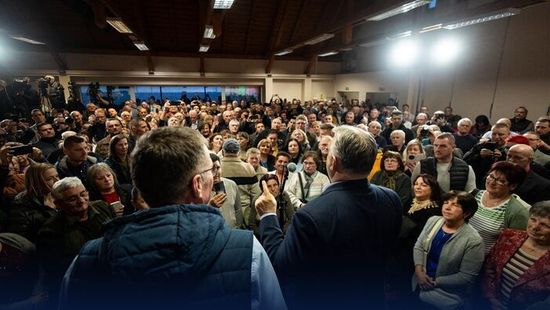
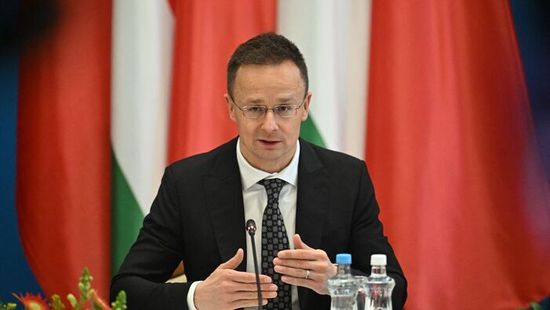
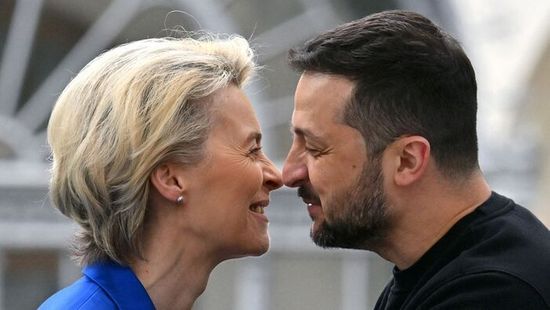
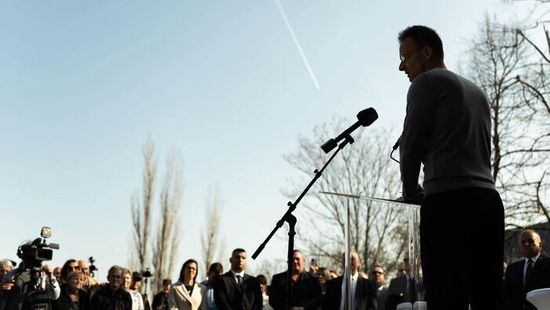

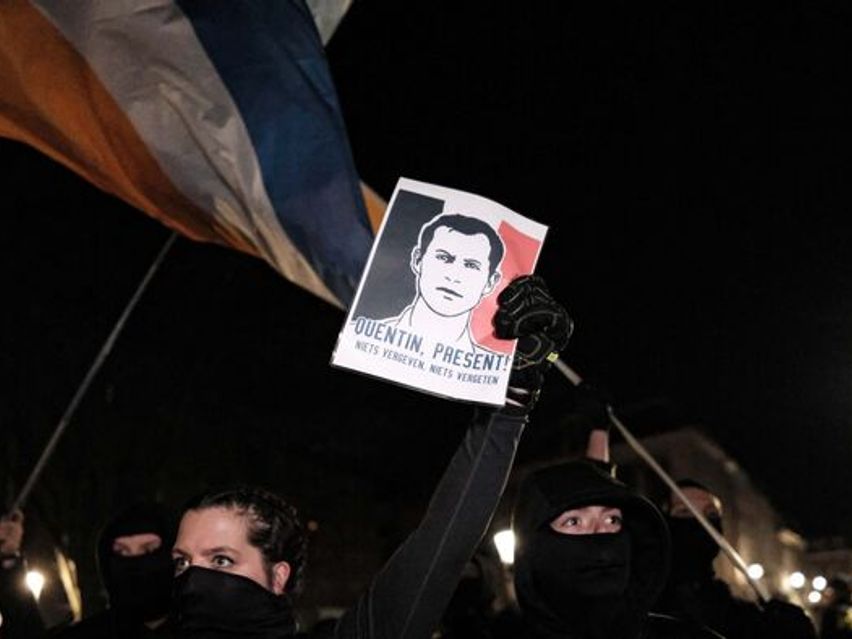

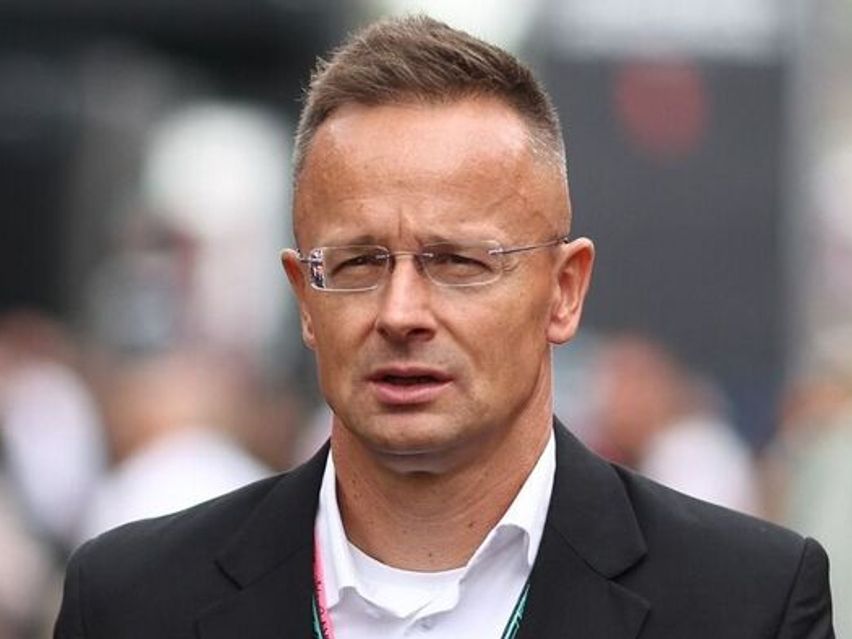
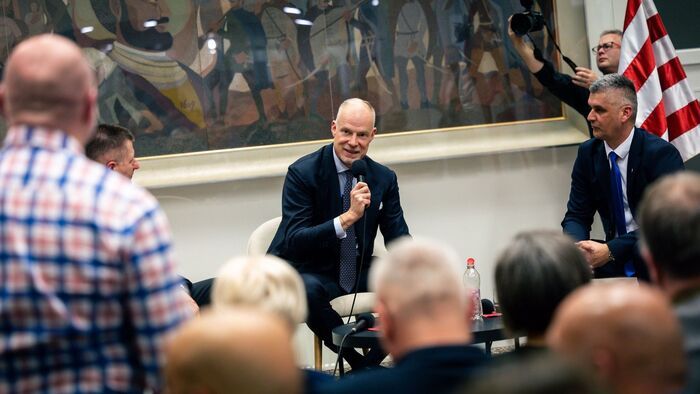

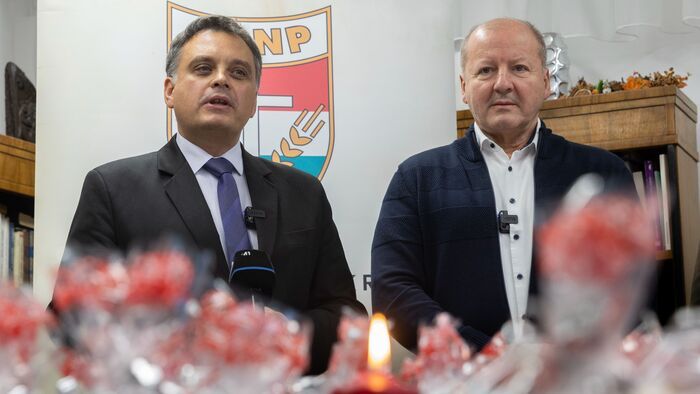
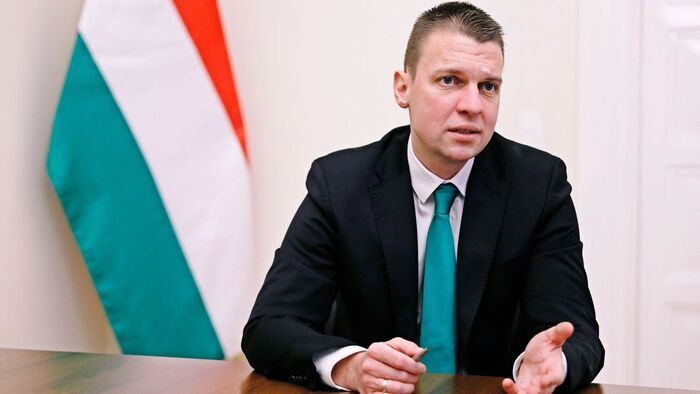


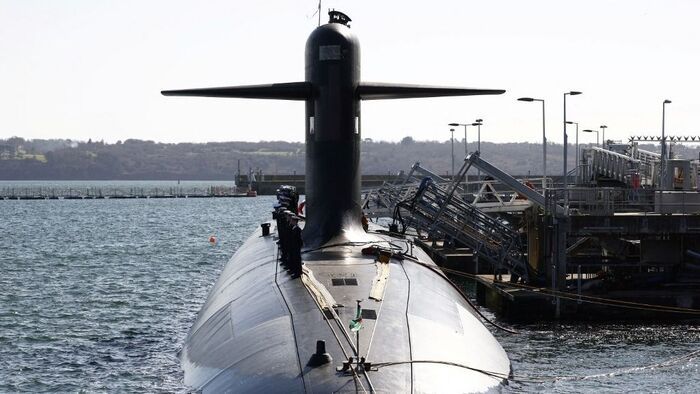
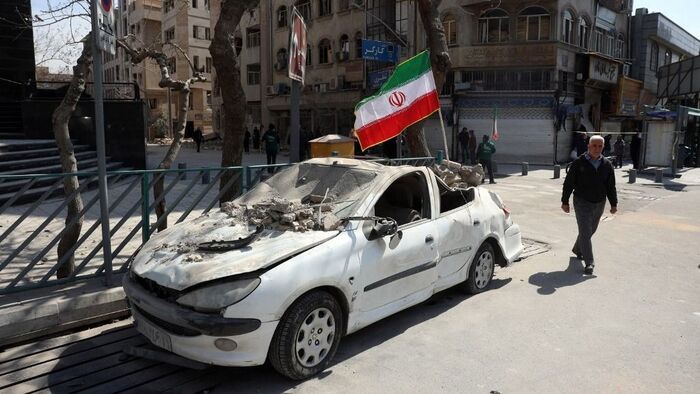
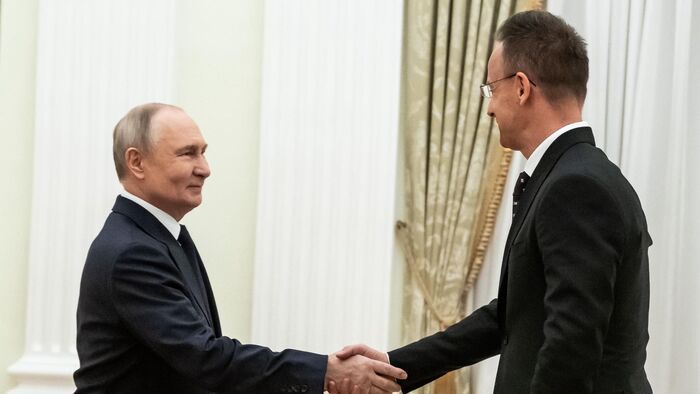


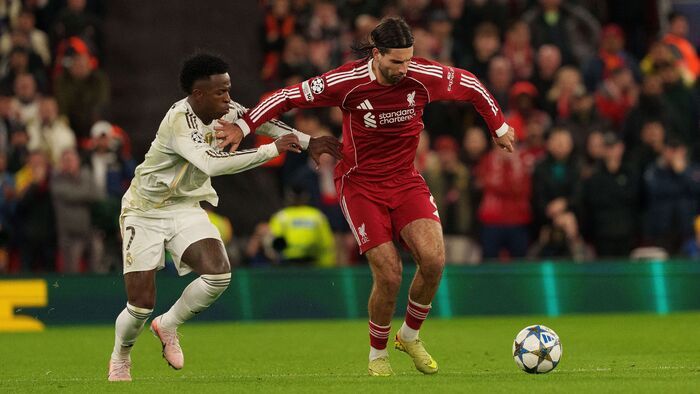


Szóljon hozzá!
Jelenleg csak a hozzászólások egy kis részét látja. Hozzászóláshoz és a további kommentek megtekintéséhez lépjen be, vagy regisztráljon!